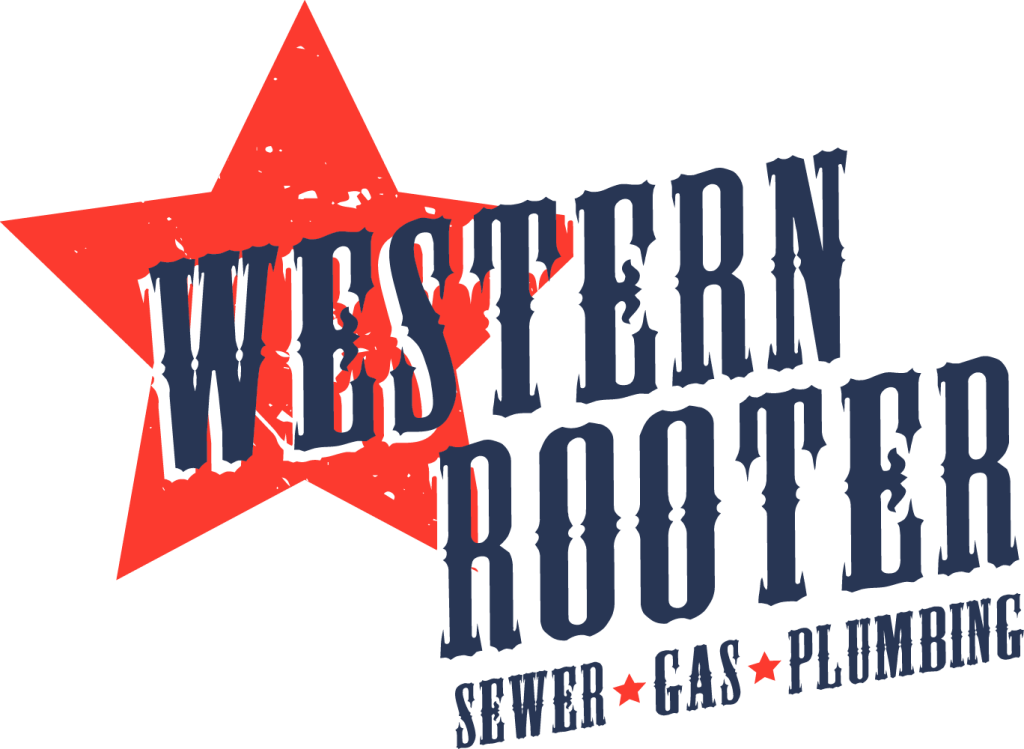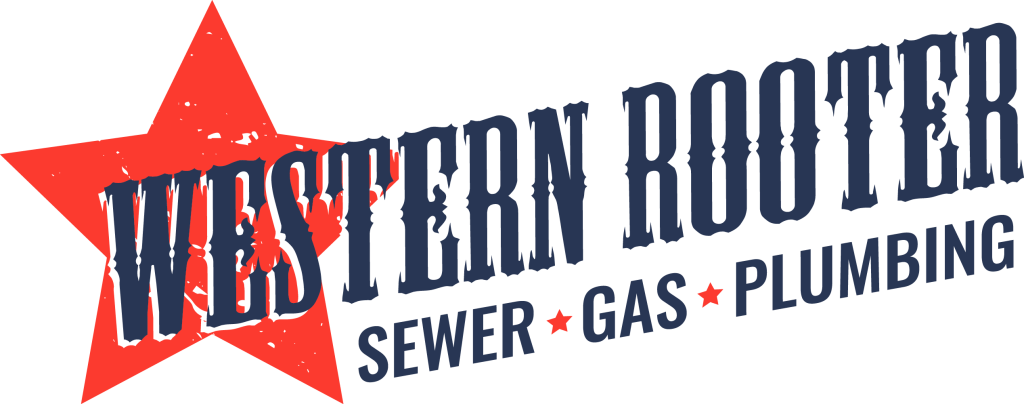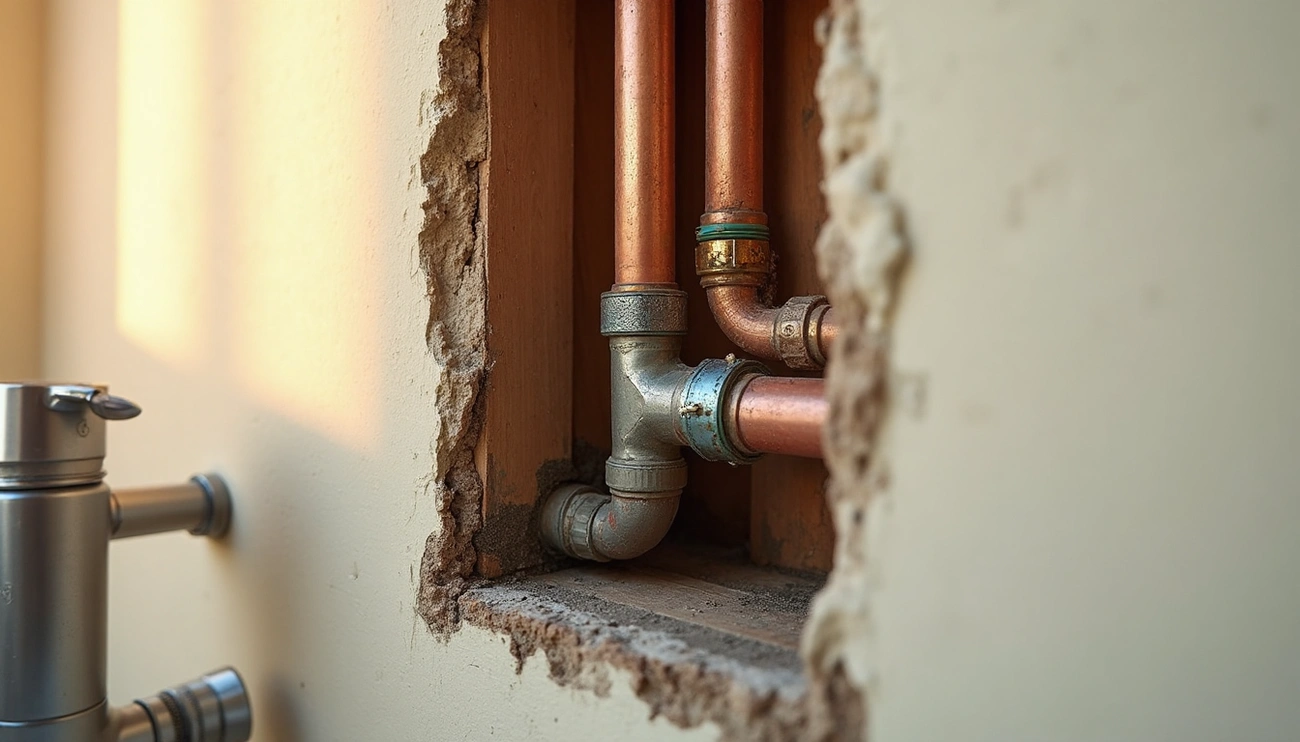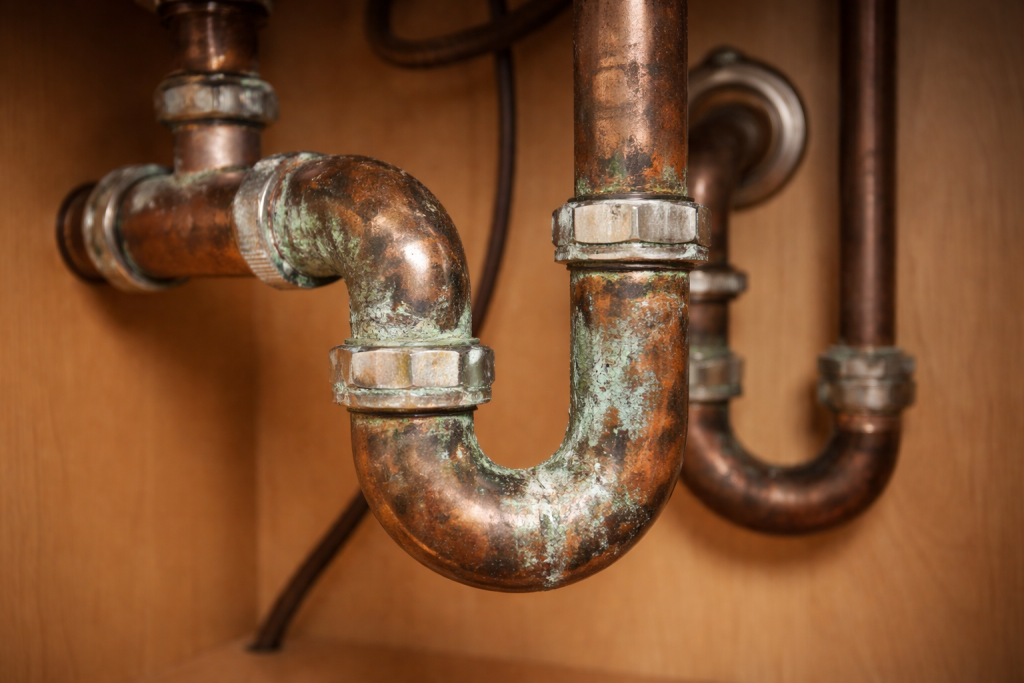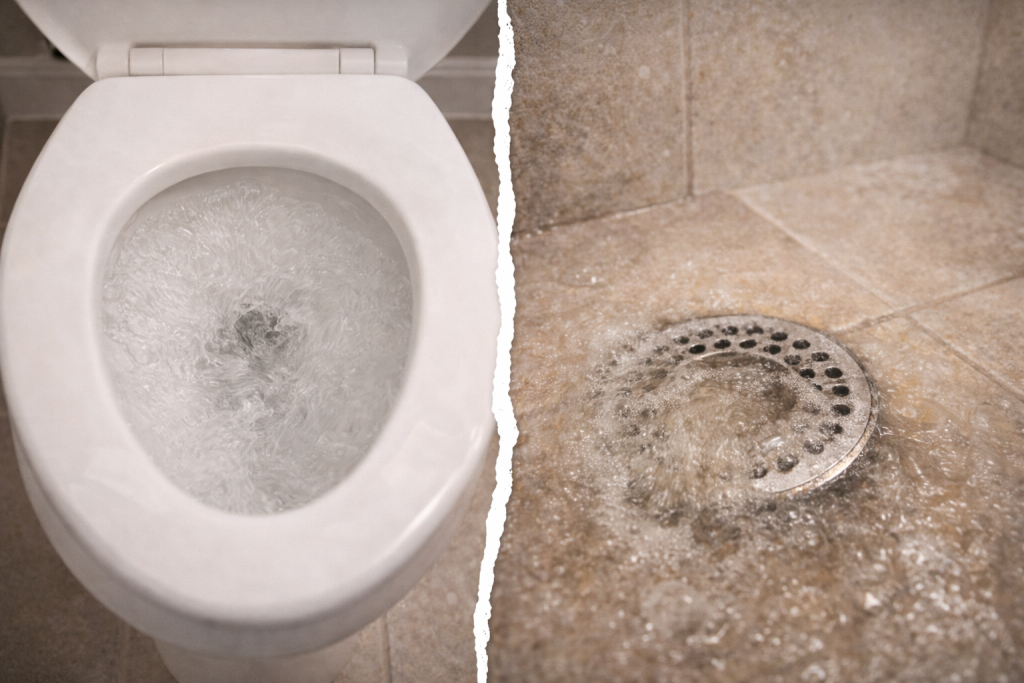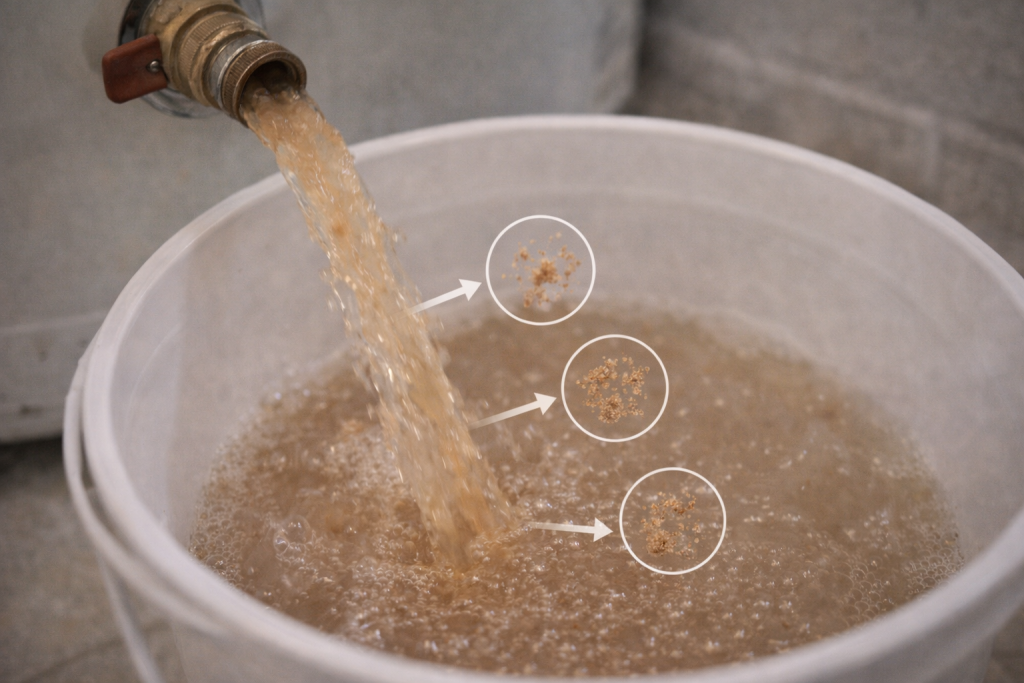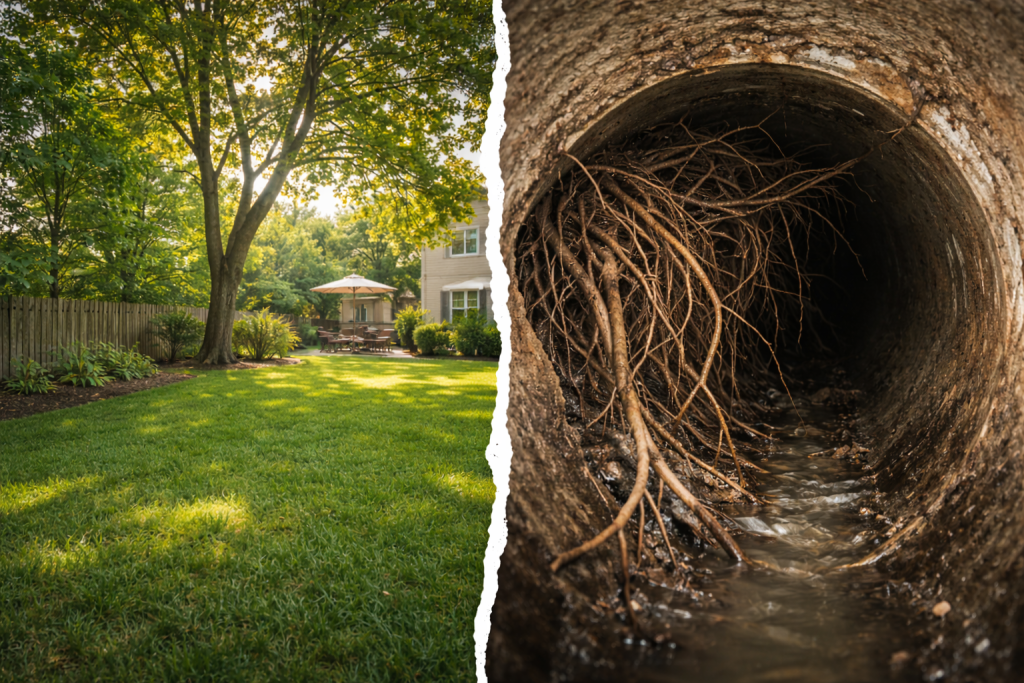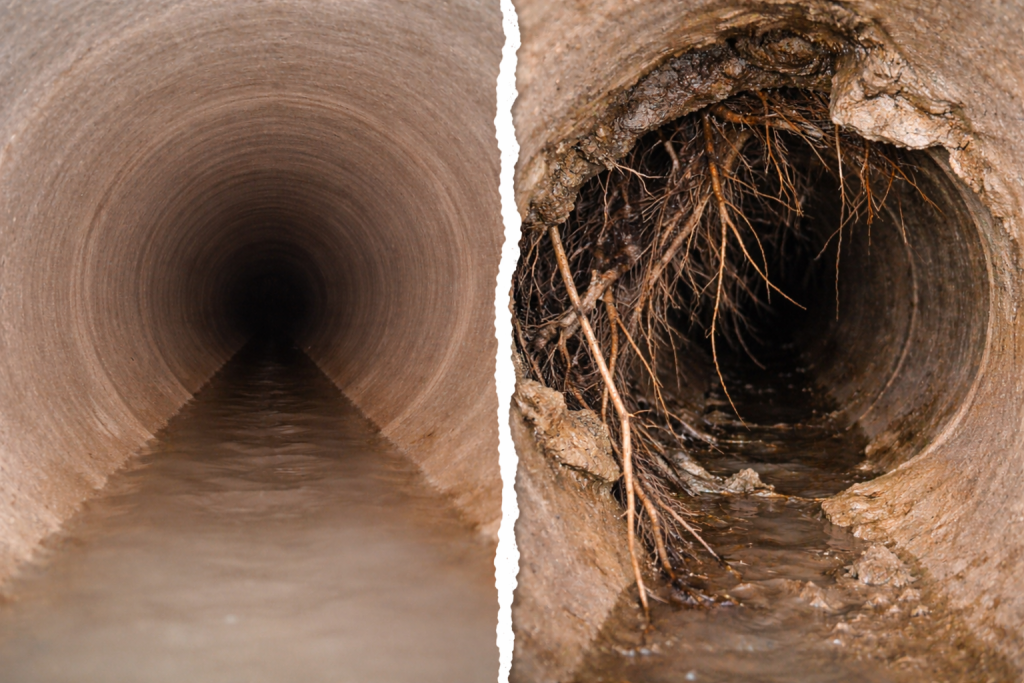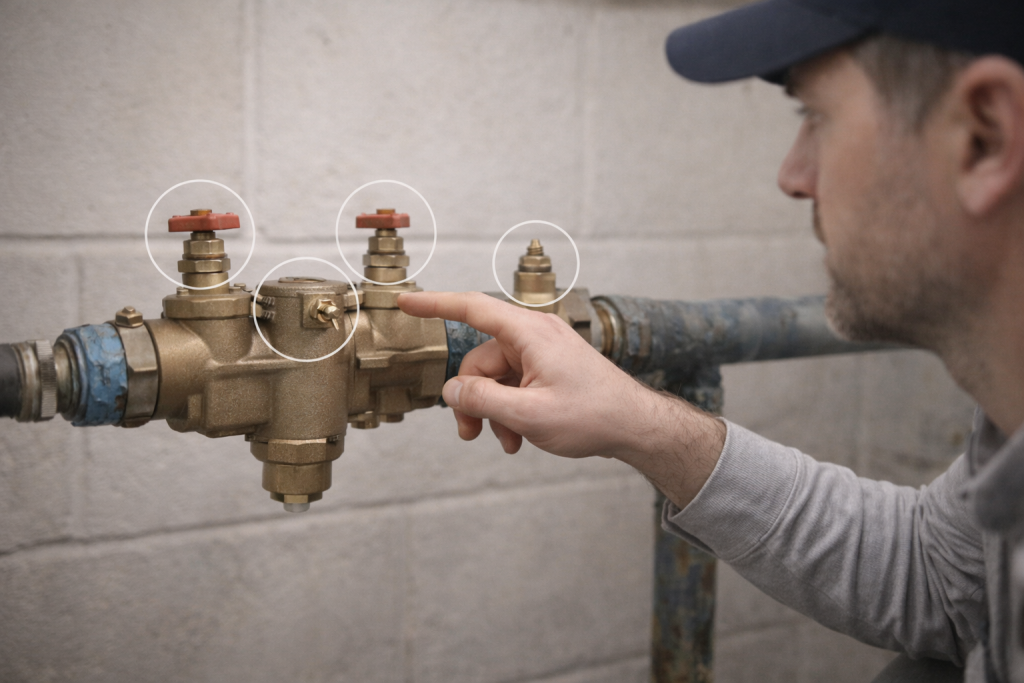Your plumbing system could secretly hurt your home’s appraisal value. Hidden pipe problems can cut your property value without you noticing it. Homes with water damage history sell for 5-20% less than similar properties without these issues.
Pest damage can lower your appraisal value by a lot, and the problem gets worse with outdated plumbing systems. Bad appraisal results go beyond what you can see and reach deep into your walls. Appraisers look for proof that homeowners managed to keep their property in good shape, and this definitely includes the plumbing infrastructure. On top of that, buyers often ask for professional home inspection reports. These reports can expose hidden problems that might make buyers back out of an agreed sale.
Good news – upgraded plumbing can boost your home’s resale value. Your property becomes more attractive to eco-conscious buyers with modern plumbing systems that save water and cut energy costs. This matters even more in older homes where copper pipes can last 80 years, while modern galvanized steel pipes might serve you for up to 100 years.
Why Plumbing Matters in a Home Appraisal
Your home’s plumbing system works as a hidden backbone that plays a vital role in daily life and property value. Bad plumbing ranks among the top factors that can hurt your home’s appraisal results. You need to understand this connection to protect your investment and get the most value from your property.
How plumbing affects home functionality
The plumbing system powers your home’s daily operations. Just imagine going through a day without clean water to bathe, cook, or drink. Beyond comfort, plumbing problems can damage your home’s structure and put your health at risk.
Bad plumbing shows up in several ways:
- Corroded pipes lead to low water pressure that makes simple tasks frustrating
- Clogged drains throw off your household routine
- Water temperature swings make showers uncomfortable
- Leaky fixtures waste water and drive up utility bills
Your family’s health and safety face risks from plumbing problems too. Water leaks create perfect conditions for mold and mildew to grow, which can trigger breathing problems and allergies. Old or broken connections might even make your water unsafe to drink.
Why buyers and appraisers care about plumbing
Home appraisers look at plumbing systems as part of their detailed assessment. They test hot and cold water by flushing toilets and running faucets to check proper water flow. The inspection includes making sure water heaters work and meet local code requirements.
Appraisers focus on plumbing because it directly affects a home’s:
- Long-term value and sustainability
- Overall condition and usability
- Potential for expensive future repairs
- Compliance with building codes and regulations
A home’s condition, usability, and value depend heavily on working plumbing systems. Buyers who spot plumbing issues during inspections often ask for lower prices or repairs before closing the deal.
Homes with modern plumbing systems attract environmentally aware buyers who value reliability and are ready to pay more for it. Old or broken plumbing can kill deals quickly because buyers know they’ll face big repair bills after moving in.
Does new plumbing increase home value?
The answer is clear – yes. New plumbing adds value to your home by fixing problems that would otherwise decrease it. Industry data shows updating plumbing and electrical work brings an impressive 260% return on investment without major changes.
The National Association of Home Builders reports that switching to copper piping from galvanized pipes can boost your home’s value by up to 11%. Adding tankless water heaters can increase value by 4-5%. These upgrades appeal to buyers looking for energy savings and lower maintenance costs.
Today’s plumbing systems come with advanced tech and eco-friendly parts that improve comfort while adding market value. Tankless water heaters provide endless hot water and save energy. Low-flow toilets cut water use without sacrificing performance.
Houses that need repairs, including plumbing fixes, sell for less money. Your property will likely get lower offers if it has leaky pipes, an old water heater, or rusty plumbing. While upgrading plumbing costs money upfront, you’ll usually get it back through higher property value, energy savings, and a faster sale.
A well-maintained plumbing system improves your home’s functionality and stands as a key factor in keeping and growing its appraisal value over time.
8 Hidden Plumbing Issues That Can Hurt Your Appraisal
Plumbing problems hiding in your walls can crush your property’s value. Home inspections often reveal these hidden issues that can kill sales or force major price cuts. Let’s get into the most common problems that hurt your appraisal.
1. Leaky pipes behind walls
Hidden leaks behind walls are some of the most deceptive plumbing problems. These silent destroyers stay hidden until they’ve caused major damage. Your water bills might spike unexpectedly, and you might notice damp smells or soft spots in walls or ceilings. Small leaks can create extensive structural damage as time passes, and your home’s value could drop by 10-20%.
2. Low water pressure from corroded pipes
Weak water flow and uneven pressure from different fixtures usually point to corroded pipes. Internal corrosion or external blockages from sediment buildup cause this issue. Homes built before 1960 with galvanized steel pipes are at risk because these pipes collect rusty corrosion after years of water flow. The pipes get narrower over time and ended up needing complete replacement.
3. Outdated or unsafe piping materials
Houses built before the 1970s might have plumbing systems with problematic materials like galvanized steel or cast iron. These old materials rust, corrode, and collect mineral deposits that restrict water flow and cause leaks. Your home’s value drops substantially with outdated plumbing. Yes, it is important that appraisers look for safety standard compliance since damaged or outdated pipes can risk your health.
4. Poor drainage or slow drains
Regular use of plungers and drain cleaners points to bigger problems in your plumbing system. Bad drainage creates mold, damages foundations, and needs expensive fixes—things that scare property inspectors and buyers. Your lawn and garden can become waterlogged, which kills plants and rots wooden structures, making your property less attractive.
5. Water heater problems
Old water heaters lower your home’s value. Buyers realize they’ll need to replace aging units soon, and these units often fail without warning. Old water heaters are nowhere near as efficient as new models. A new water heater can boost your home’s appeal by improving water quality, temperature consistency, and energy efficiency.
6. Mold from hidden water damage
Water damage creates mold. The smallest leaks provide perfect conditions for mold growth, which risks health and tells buyers about underlying water issues. Mold could slash your property’s value by up to 50% due to health risks, structural damage, and repair costs. Professional cleanup helps – homes with properly fixed mold issues typically lose only 3% of their market value.
7. Sewer line issues
Damaged or clogged sewer lines create major headaches with frequent backups, bad smells, and sewage pooling in yards. Trees growing into pipes, cracks, or blockages might require expensive repairs or full sewer line replacement. Sewer problems can substantially reduce your home’s market value, often requiring price cuts to offset repair costs.
8. DIY or unpermitted plumbing work
Amateur plumbing work voids warranties on fixtures and appliances since manufacturers require licensed professional installation. Insurance companies often reject claims for damage from unprofessional work, wiping out any DIY savings. Home inspectors flag subpar plumbing work, forcing sellers to make expensive corrections that proper installation would have prevented.
How Appraisers Evaluate Plumbing Systems
Home appraisers stick to specific protocols at the time they assess plumbing systems during property assessments. Your home’s value could drop by 10-20% if they spot problems. A good grasp of their assessment process helps you get your home ready.
What home appraisers look for in plumbing
Appraisers start with functional tests of your plumbing system. They run the toilets and faucets to check water pressure and flow. Hot and cold water should work well, without leaks or damage under fixtures.
The water heater gets a close look. It needs temperature and pressure-relief valves with the right piping to safely channel away steam or hot water. Properties with septic systems face checks for any signs that might point to budget-friendly repairs down the road.
After testing everything, appraisers check water supply and conservation features. Homes with water-saving fixtures like low-flow toilets and faucet aerators tend to get better valuations. They make sure mechanical systems fit well, stay hidden, and work properly.
Signs of neglect or deferred maintenance
Obvious plumbing problems quickly catch an appraiser’s eye. Leaky fixtures, corroded pipes, or rusty water are red flags. Bad smells from drains or sewage point to serious mechanisms.
Poor drainage is a big concern too. Overflowing drains or backed-up sewer lines create health risks and hurt property value. Small issues like slow drains or running toilets hint at deeper troubles that could make the home less livable.
Old or unsafe piping materials draw extra attention. Appraisers know that aging galvanized pipes or DIY plumbing fixes might need expensive replacement.
How plumbing affects overall condition rating
The state of your plumbing system affects your home’s overall condition rating by a lot. Homes needing immediate plumbing fixes usually get lower ratings, which cuts into their appraised value.
Properties with documented plumbing upgrades tend to appraise higher than similar homes with original systems. This shows how much value plumbing renovations add to a home’s infrastructure.
Appraisal reports look at general property features, including building materials and structural conditions. Interior assessments cover everything from looks to the shape of systems that keep your home running, including plumbing.
Documentation plays a key role. Appraisers check if plumbing work had proper permits and certifications, which reassures buyers about code compliance. Work without permits might get a lower value, even if the improvements look good.
The Role of Inspections and Buyer Perception
Professional home inspections act as key checkpoints during real estate deals. They often reveal plumbing issues that regular walkthroughs miss. These findings can change how buyers see your home and affect its final value.
How plumbing issues show up in inspection reports
Home inspectors check plumbing systems inside out. They look for leaks, test water pressure, and check all fixtures. Their reports point out problems like dripping faucets, toilets that won’t stop running, and old pipes. They use special tools to dig deeper too. Sewer scope cameras help them spot clogs or damage in sewer lines. They also use thermal imaging to find hidden moisture trapped in walls that shows where leaks might be.
What affects a home appraisal during buyer negotiations
What inspectors find shapes both the appraisal and buyer talks. Buyers usually work repair costs into their offers when they spot plumbing problems. Many ask for lower prices or fixes before they’ll close. Some buyers might even walk away from an agreed sale. The good news? Homes with newer plumbing get better valuations. Appraisers like to see recent upgrades.
Why plumbing problems can delay or kill a sale
Bad plumbing can stop a promising sale dead in its tracks. Major repairs like sewer line damage or hidden water problems push closing dates back. Buyers who can’t close on time might face penalties or break their contract terms. Trust takes the biggest hit. Once buyers find one problem, they start wondering what else might be wrong.
The best way to avoid these headaches? Find and fix plumbing issues before you list your home. This helps make sure your sale goes smoothly from start to finish.
Fixing Plumbing Issues Before the Appraisal
Fixing plumbing problems before your home appraisal can improve your property’s value by a lot. Smart repairs prevent deductions and add substantial value to your final assessment.
When to call a licensed plumber
You just need professional help right away for certain problems. A licensed plumber should check frequent leaks, discolored water, persistent low water pressure, or unusual noises from pipes. DIY fixes for serious plumbing problems could void warranties and make insurance companies reject damage claims. FHA loans require completed repairs before appraisal to avoid closing delays.
Upgrading fixtures and visible components
New fixtures give you excellent returns on investment. Simple upgrades like fixing leaky faucets and broken tiles can boost your appraisal outcome by a lot. Appraisers look carefully under sinks for leaks, mold, and the cabinet’s condition.
Re-piping older homes: when and why
You should think about re-piping if your home has galvanized steel or cast iron pipes because these materials often corrode and leak. This investment increases home value, improves water quality, and boosts water pressure. Buyers feel more confident with new pipes, which leads to stronger offers and smoother negotiations.
How to document repairs for appraisers
Keep detailed records of all plumbing work, including permits and professional certifications. Appraisers need proper documentation to complete their assessment.
Conclusion
Without doubt, your home’s plumbing system plays a vital role in its appraised value. Hidden issues like leaky pipes, corroded materials, and sewer line problems can slash property values by 10-20% when found during inspections. These problems reduce your home’s functionality and create major red flags for potential buyers and appraisers.
Smart homeowners take proactive measures before listing their property. Addressing plumbing issues beforehand maintains your home’s value instead of letting buyers find problems during inspections. Simple upgrades like replacing outdated fixtures or repairing minor leaks can yield good returns. Major improvements such as re-piping older homes can boost buyer confidence and property value substantially.
Appraisers test your entire plumbing system – from flushing toilets to checking water heaters. They search for signs of neglect or delayed maintenance that could point to deeper problems. Professional plumbing services before appraisal help protect your property’s value.
Documentation plays a key role. Detailed records of all plumbing work, including permits and professional certifications, provide solid evidence that repairs meet code requirements. This paperwork gives appraisers confidence in your home’s condition.
Serious plumbing issues need professional attention, not DIY fixes. Amateur repairs can void warranties and lead to insurance claim rejections. These fixes often create more expensive problems later. Licensed professionals understand local building codes and provide proper documentation that you need.
Your investment stays protected when you address plumbing issues before listing your home. This approach helps secure the highest possible appraisal value. A well-maintained plumbing system protects your property’s worth, whether you plan to sell soon or in the future.
Contact Western Rooter today for a free estimate! Our team of licensed professionals can identify and fix hidden plumbing issues before they affect your home’s value, providing peace of mind and protecting your investment.
